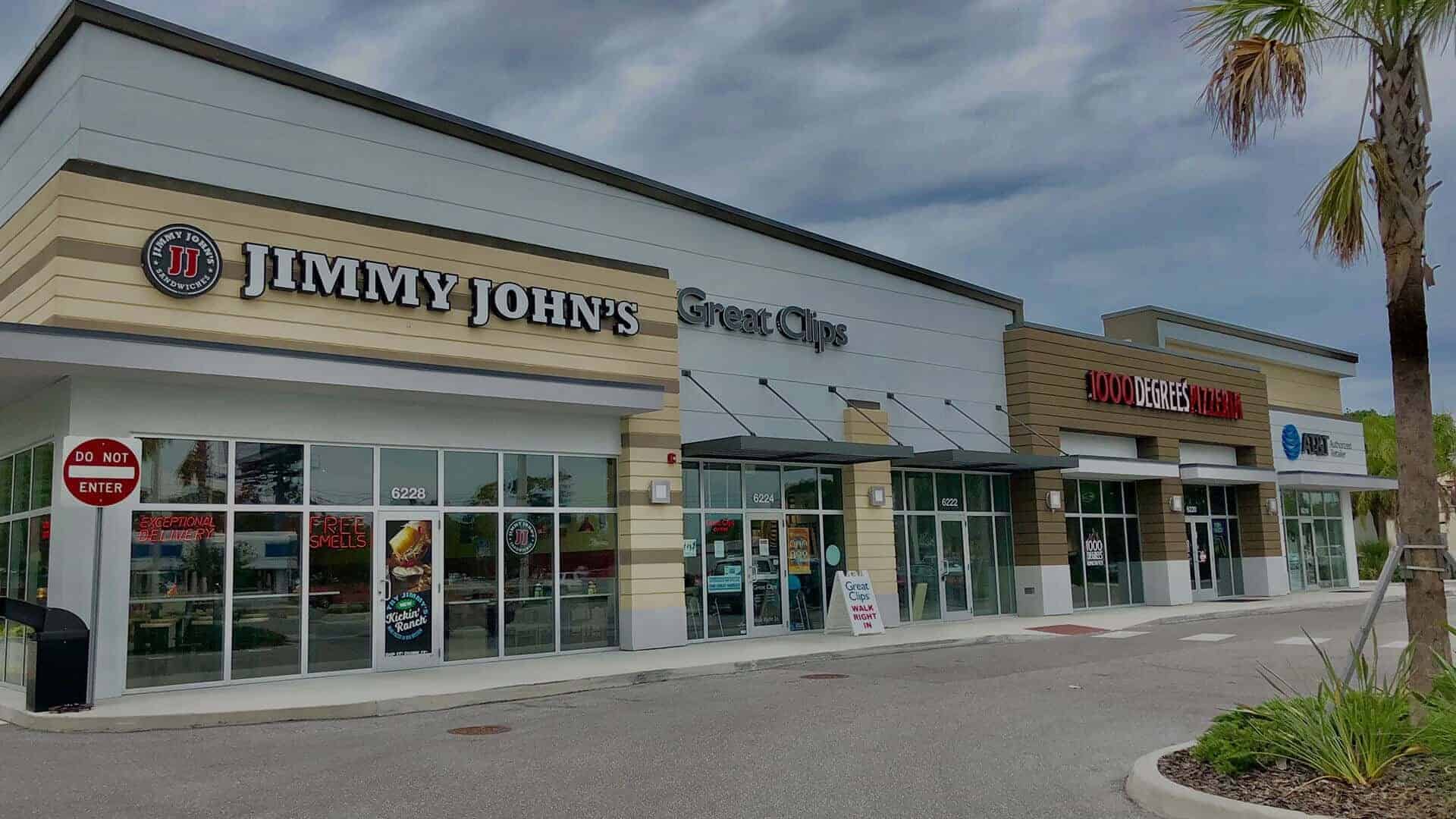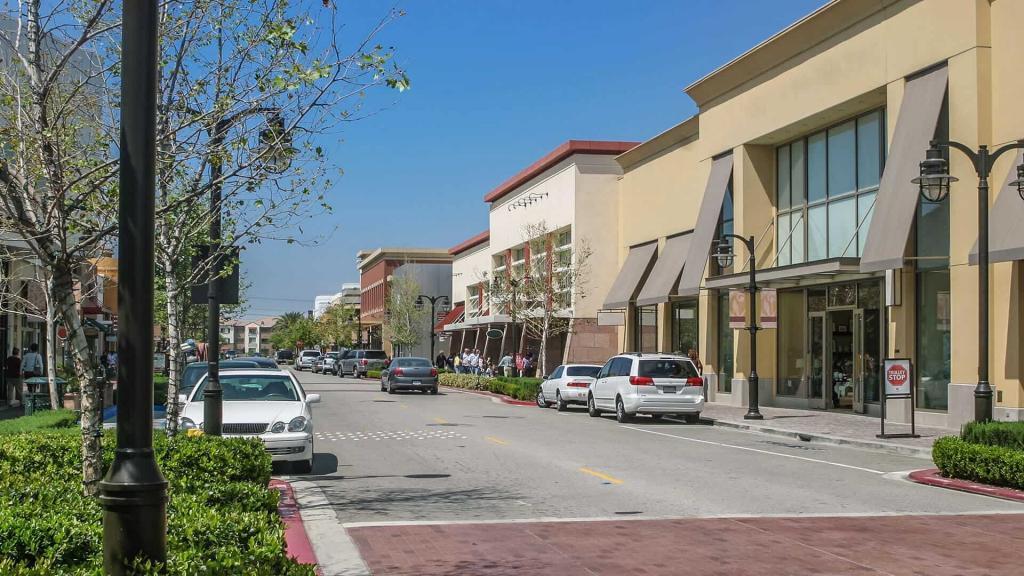Shopping centers and health care users are a natural fit; both the health care and shopping center industries continues to evolve, and common ground is being found between the two industries more than ever before. Past obstacles such as parking concerns and exclusivity agreements for health care tenants are being approached by landlords with a different mindset than in the past. Landlords value health care tenants for several reasons, including the diversity they can bring to the shopping center tenant mix, and being a hedge against e-commerce and a good source for strong foot traffic. A study produced by JLL estimated that there are approximately 2,800 medical clinics located in retail spaces within the U.S. at the end of 2017. This number is up drastically from just 351 clinics a decade before.
Health care tenants are growing rapidly, and shopping centers are benefitting. Over the last 3 years, health care tenants have grown by over 47%. Owners of centers are approaching the implementation of this use into their properties much differently today than they have in the past. The current landlord view on the shopping center and health care partnership is that it typically means more traffic to their brick and mortar. It is a natural extension of the overall wellness movement, bringing small and large boutique fitness operators to shopping center properties to create a sense of place for the community. This is a win-win for both sectors, one of which I expect to continue seeing more of as the shopping center evolves over the next five to ten years.








About The Author: Jeff Dervech
More posts by Jeff Dervech